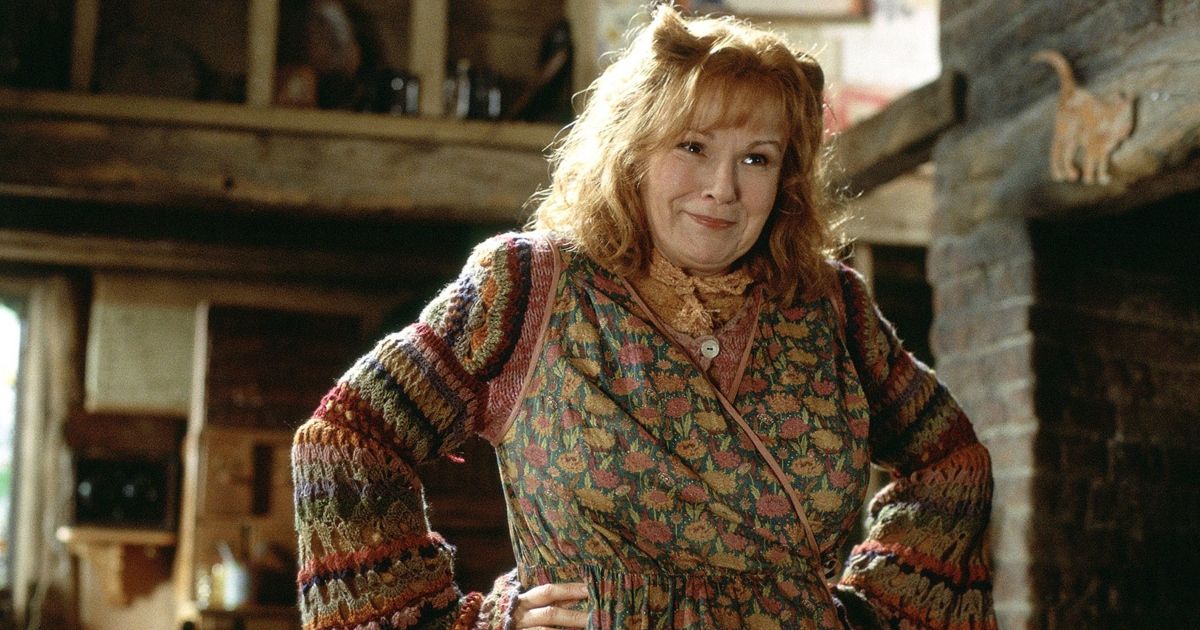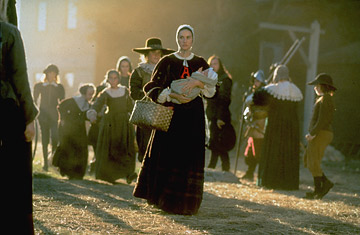
Motherhood in Ink: An Analysis of Mothers in Classic Literature
Motherhood, a universally resonant theme, has been a recurring focus in many classic literature pieces. Authors have portrayed mothers in myriad ways - as nurturing figures, powerful matriarchs, or even as complicated, flawed individuals. This blogpost delves into the varied portrayals of mothers in timeless literary works, enriched by captivating excerpts from these classics.
Mrs. Bennet, Pride and Prejudice

In Pride and Prejudice, Jane Austen portrays Mrs. Bennet as a mother primarily concerned with the marriages of her daughters. Her character is often comic, yet her intentions underscore the societal pressures of the time. Austen writes, “The business of her life was to get her daughters married; its solace was visiting and news.” This quote epitomises the societal expectations placed on mothers during Austen's time.
Calpurnia, To Kill a Mockingbird

In To Kill a Mockingbird, Harper Lee presents a different perspective on motherhood through the character of Calpurnia, the Finch family's housekeeper. Despite not being Scout and Jem's biological mother, Calpurnia epitomises the nurturing and disciplinarian aspects of motherhood. Lee writes, “Calpurnia was something else again. She was all angles and bones...but she was also the mother of invention.”
Marmee, Little Women

Similarly, in Little Women, Louisa May Alcott paints a heartwarming picture of motherhood through the character of Marmee. A guiding beacon for her four daughters, Marmee embodies the ideals of love, patience, and wisdom. Alcott beautifully captures this with the quote, “I remember a time when this hand was white and smooth, and your first care was to keep it so. It was very pretty then, but to me it is much prettier now…”
Molly Weasley, Harry Potter Series

In J.K. Rowling's Harry Potter Series, the character of Molly Weasley stands as an embodiment of fierce love and protective instinct. As the mother of seven children, she is a warm, nurturing figure, yet she doesn't hesitate to fight fiercely when her family is threatened. Rowling captures her essence with the line, "Not my daughter, you btch!"*, uttered in the face of mortal danger.
Hester Prynne, The Scarlet Letter

Nathaniel Hawthorne's The Scarlet Letter presents a more complex portrayal of motherhood through the character of Hester Prynne. A single mother in a Puritan society, Hester is publicly shamed and ostracised, yet she remains strong and dignified for the sake of her daughter Pearl. Hawthorne writes, "She named the infant 'Pearl,' as being of great price, purchased with all she had, her mother's only treasure!"
In conclusion, the concept of motherhood in classic literature is as diverse as it is profound. Each representation offers a unique perspective on the multifaceted nature of motherhood, serving as a mirror to societal norms and individual interpretations.




